GSI is committed to advancing research in support of national and global security.
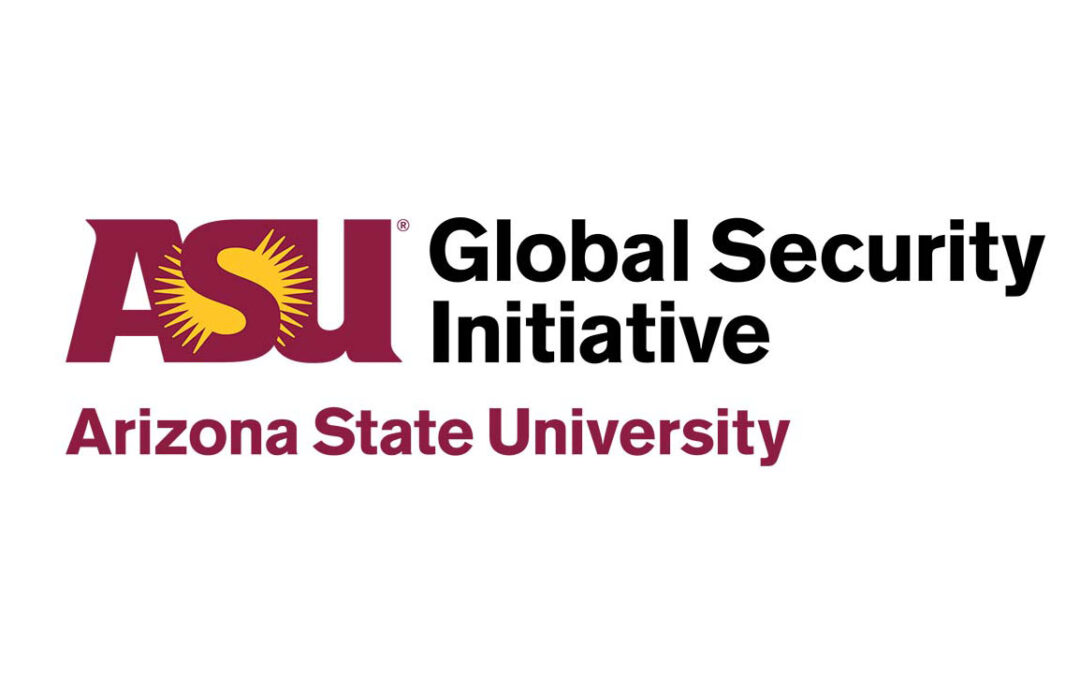

GSI is committed to advancing research in support of national and global security.
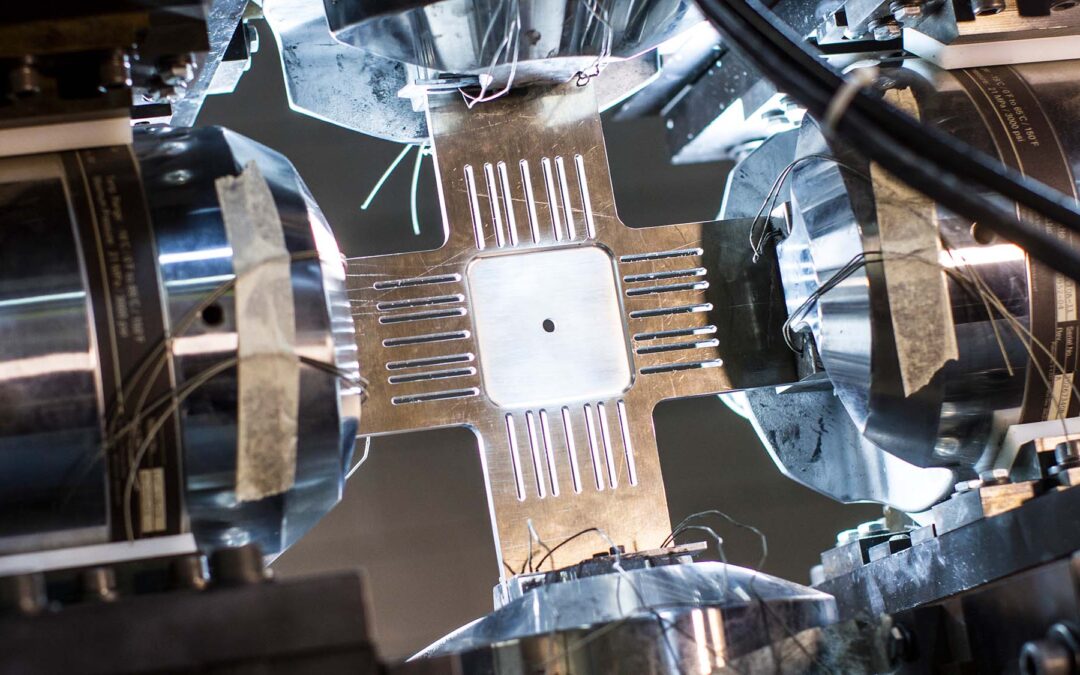
AIMS Center works to solve large-scale problems that benefit the economy and society through research on intelligent materials and adaptive systems.
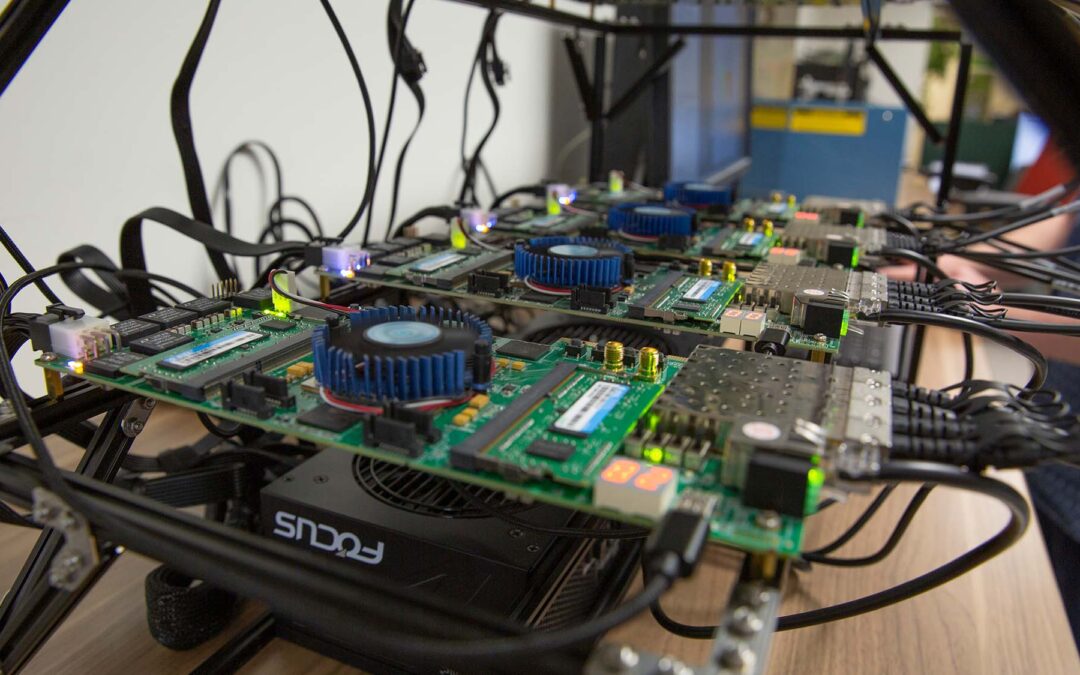
STAM focuses on active investigations of new microelectronics in the expanding landscape of the semiconductor industry.
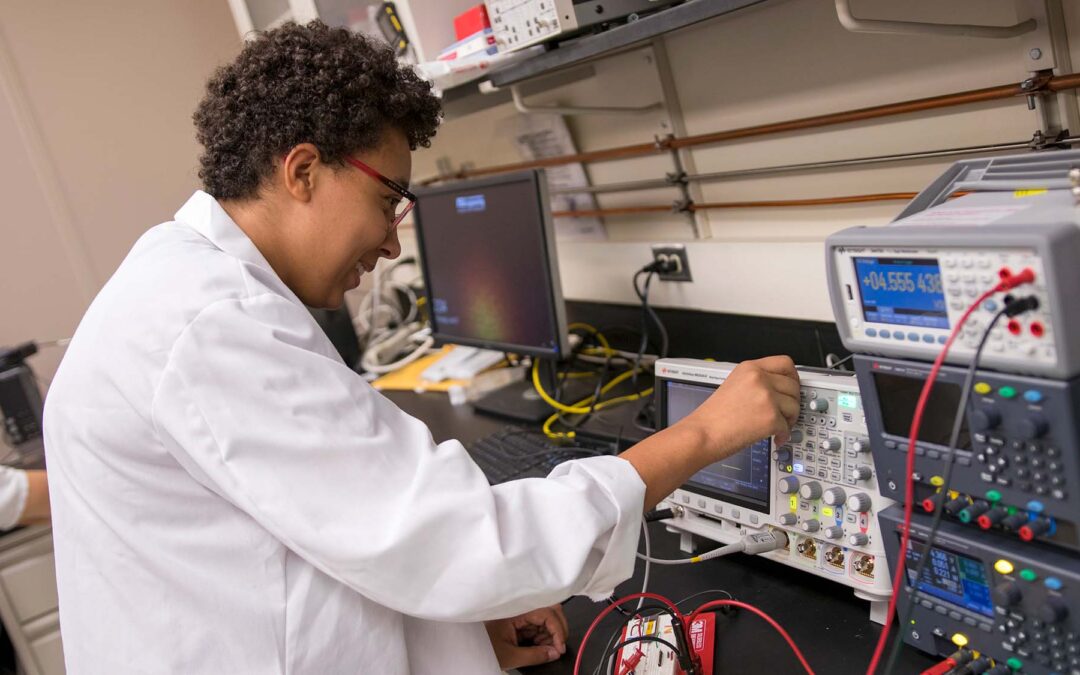
SenSIP an ASU research center advances next-generation integrated multidisciplinary sensing applications in various fields.

Metis Center at ASU focuses on learning how engineered and built systems are integrated with natural and human systems.

NCE SMART at ASU seeks to quantify complex climate-energy system interactions and develop cost effective solutions to reduce negative impacts.

WISCA aids the development of advanced fluid protocols and mixed software-defined radios with hardware accelerators, based at ASU.

CTF focuses on developing the next generation of cyber-reasoning systems that can automatically find vulnerabilities, synthesize exploits, and create patches of real-world software.

CBSS translates insights between computer science and biology to understand and mitigate malicious behavior in complex systems, with application in managing cancer and repairing cybersecurity vulnerabilities.

CAOE develops and applies advanced analytical tools and technologies to enhance planning, information sharing and real-time decision-making in homeland security operations.

CASCADE bridges industry and academia, translating research in data processing and analysis into impactful technological solutions for sectors like energy, healthcare, security and finance.
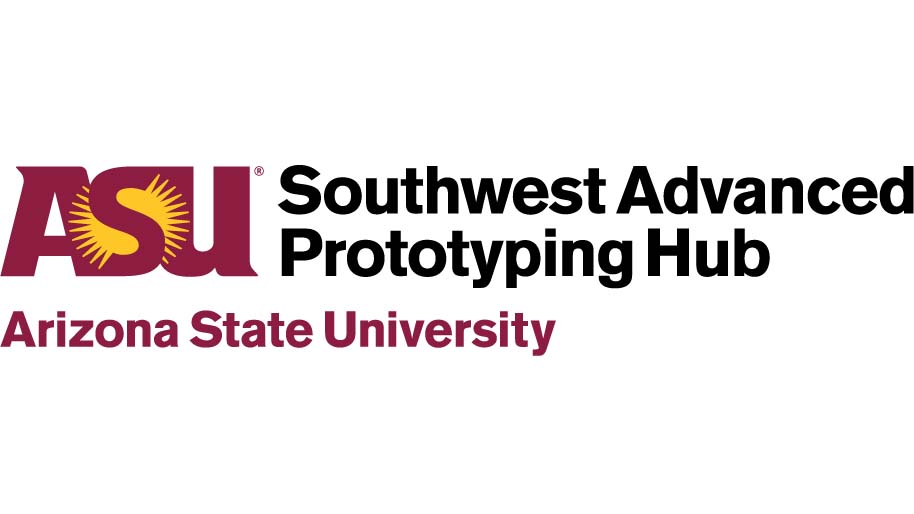
The Southwest Advanced Prototyping Hub, or SWAP Hub, is a microelectronics innovation and prototyping hub funded by the 2022 CHIPS and Science Act, based at ASU.

CES enables sensing, communications, computing, and control in everyday objects, with applications in many areas, including personalized healthcare, consumer electronics, aerospace, industrial automation, automotive and transportation and security.
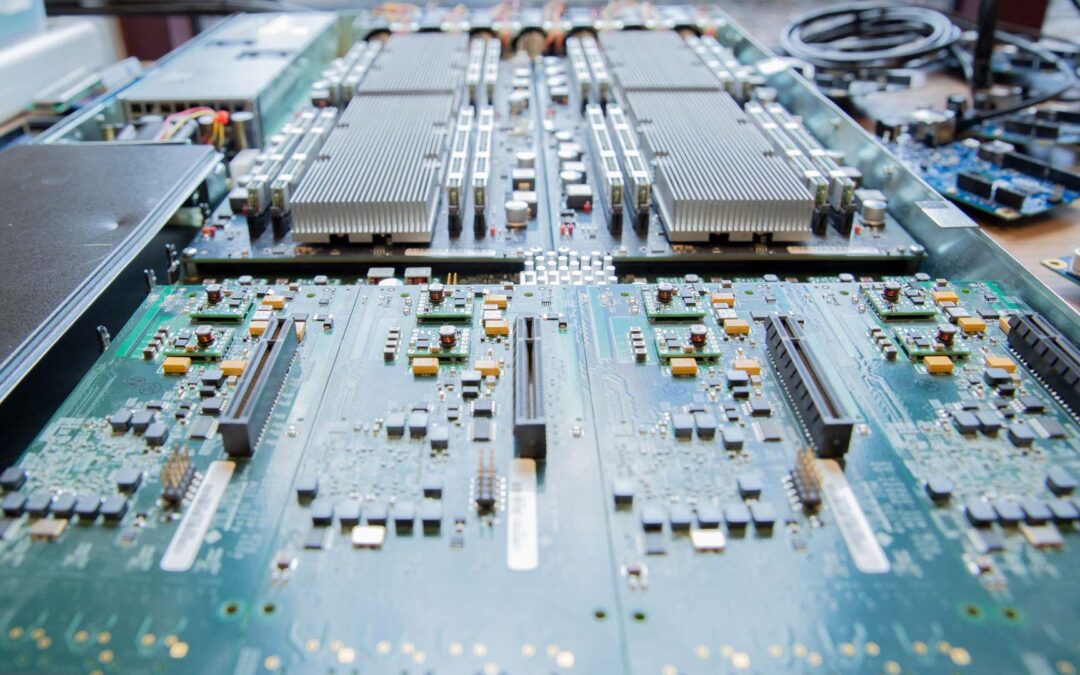
Connection One’s research focuses on developing technologies for cellular, environmental and defense applications.
ACME focuses on research on devices, circuits and architectures, through strategic collaborations with industry partners.